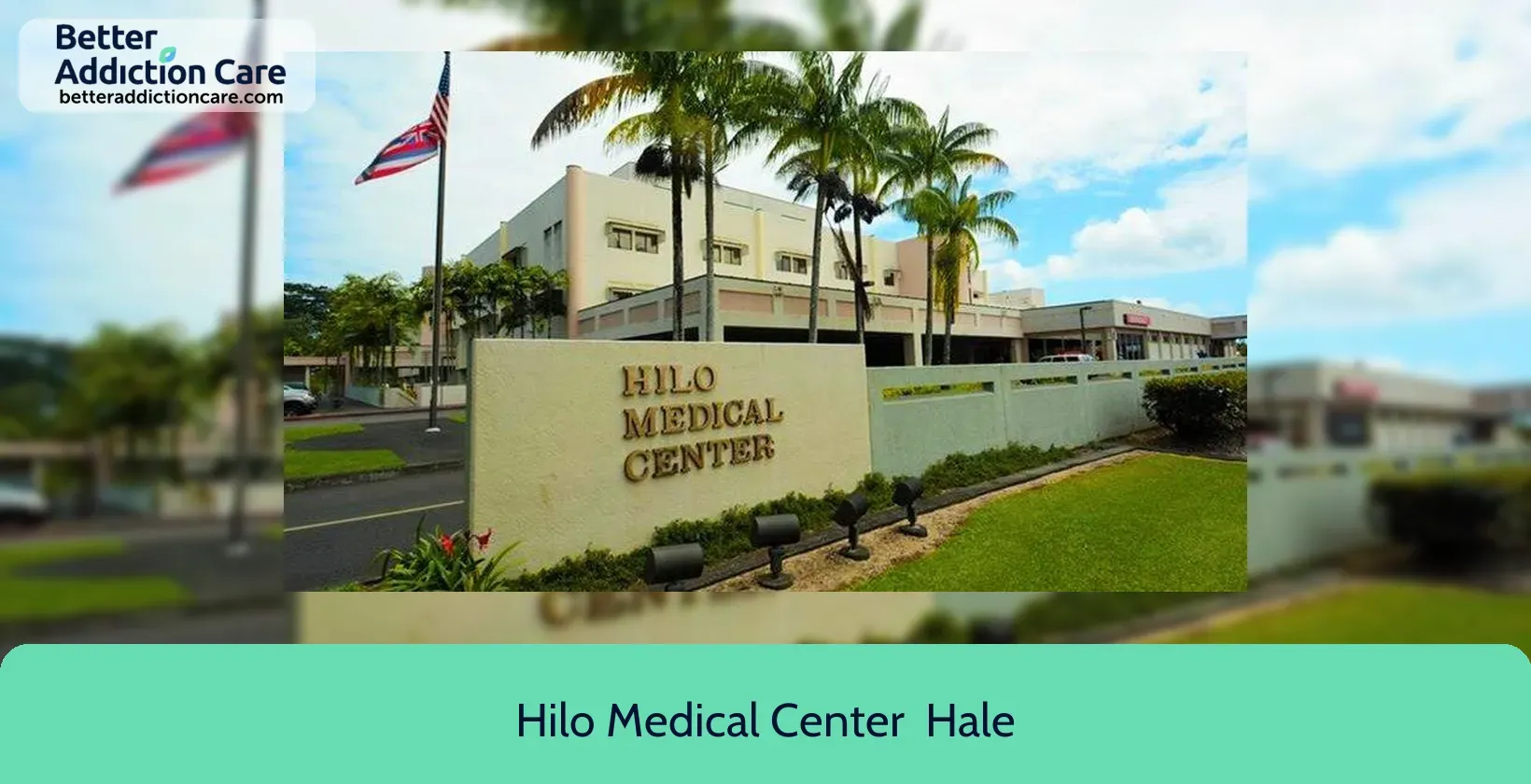Big Island Substance Abuse Council - Hilo Men's TLP 1

Overview
Big Island Substance Abuse Council - Hilo Men's TLP 1 is a substance abuse treatment center for people seeking treatment near Hawaii County. As part of their treatment modalities for recovery, Big Island Substance Abuse Council - Hilo Men's TLP 1 provides cognitive behavioral therapy, telemedicine/telehealth therapy, and substance use disorder counseling during treatment. Big Island Substance Abuse Council - Hilo Men's TLP 1 is located in Hilo, Hawaii, accepting cash or self-payment for treatment.
Big Island Substance Abuse Council - Hilo Men's TLP 1 at a Glance
Payment Options
- Cash or self-payment
- Federal, or any government funding for substance use treatment programs
- Payment assistance (check with facility for details)
- SAMHSA funding/block grants
Assessments
- Complete medical history/physical exam
- Comprehensive substance use assessment
Age Groups
- Young adults
- Adults
- Seniors
Ancillary Services
- Case management service
- Social skills development
- Transportation assistance
Highlights About Big Island Substance Abuse Council - Hilo Men's TLP 1
6.77/10
With an overall rating of 6.77/10, this facility has following balanced range of services. Alcohol Rehabilitation: 8.00/10, Drug Rehab and Detox: 6.00/10, Insurance and Payments: 6.00/10, Treatment Options: 7.09/10.-
Alcohol Rehabilitation 8.00
-
Treatment Options 7.09
-
Drug Rehab and Detox 6.00
-
Insurance and Payments 6.00
Accreditations
Commission on Accreditation of Rehabilitation Facilities (CARF):

CARF accreditation is a globally recognized certification for rehabilitation and human service organizations. It signifies that an organization meets high-quality standards and is committed to providing top-level care. Achieving CARF accreditation involves a rigorous evaluation process, including on-site surveys. This accreditation enhances an organization's reputation, instills trust in clients and funders, and encourages ongoing excellence in the field.
Registration: 249134
SAMHSA certification for opioid treatment program (OTP):
SAMHSA's Opioid Treatment Programs (OTP) accreditation is a prestigious recognition that signifies a program's compliance with stringent standards and guidelines established by the Substance Abuse and Mental Health Services Administration (SAMHSA). This accreditation demonstrates an OTP's commitment to providing high-quality, evidence-based care for individuals struggling with opioid use disorder (OUD). It serves as a trusted symbol of accountability and excellence, assuring patients, families, and communities that the OTP offers safe, effective, and comprehensive treatment options for OUD.
State department of health:

Government agencies issue State Licenses, granting rehabilitation organizations permission to operate their businesses legally within specific geographic regions. The licenses needed for legal operation are typically determined by the type of rehabilitation program offered by a facility and its physical location.
Treatment At Big Island Substance Abuse Council - Hilo Men's TLP 1
Treatment Conditions
- Alcoholism
- Substance use treatment
Care Levels
- Hospital inpatient treatment
- Long-term residential
- Halfway house
Treatment Modalities
- Cognitive behavioral therapy
- Telemedicine/telehealth therapy
- Substance use disorder counseling
- Group counseling
- 12-step facilitation
Ancillary Services
Additional Services
- Pharmacotherapies administered during treatment
- Mentoring/peer support
- Drug or alcohol urine screening
Special Programs
- Clients with co-occurring mental and substance use disorders
Get Help Now
Common Questions About Big Island Substance Abuse Council - Hilo Men's TLP 1
Contact Information
Other Facilities in Hilo

6.80

6.99

6.77

7.14

6.99

6.74

6.59

7.53
DISCLAIMER: The facility name, logo and brand are the property and registered trademarks of Kū Aloha Ola Mau, and are being used for identification and informational purposes only. Use of these names, logos and brands shall not imply endorsement. BetterAddictionCare.com is not affiliated with or sponsored by Kū Aloha Ola Mau.
